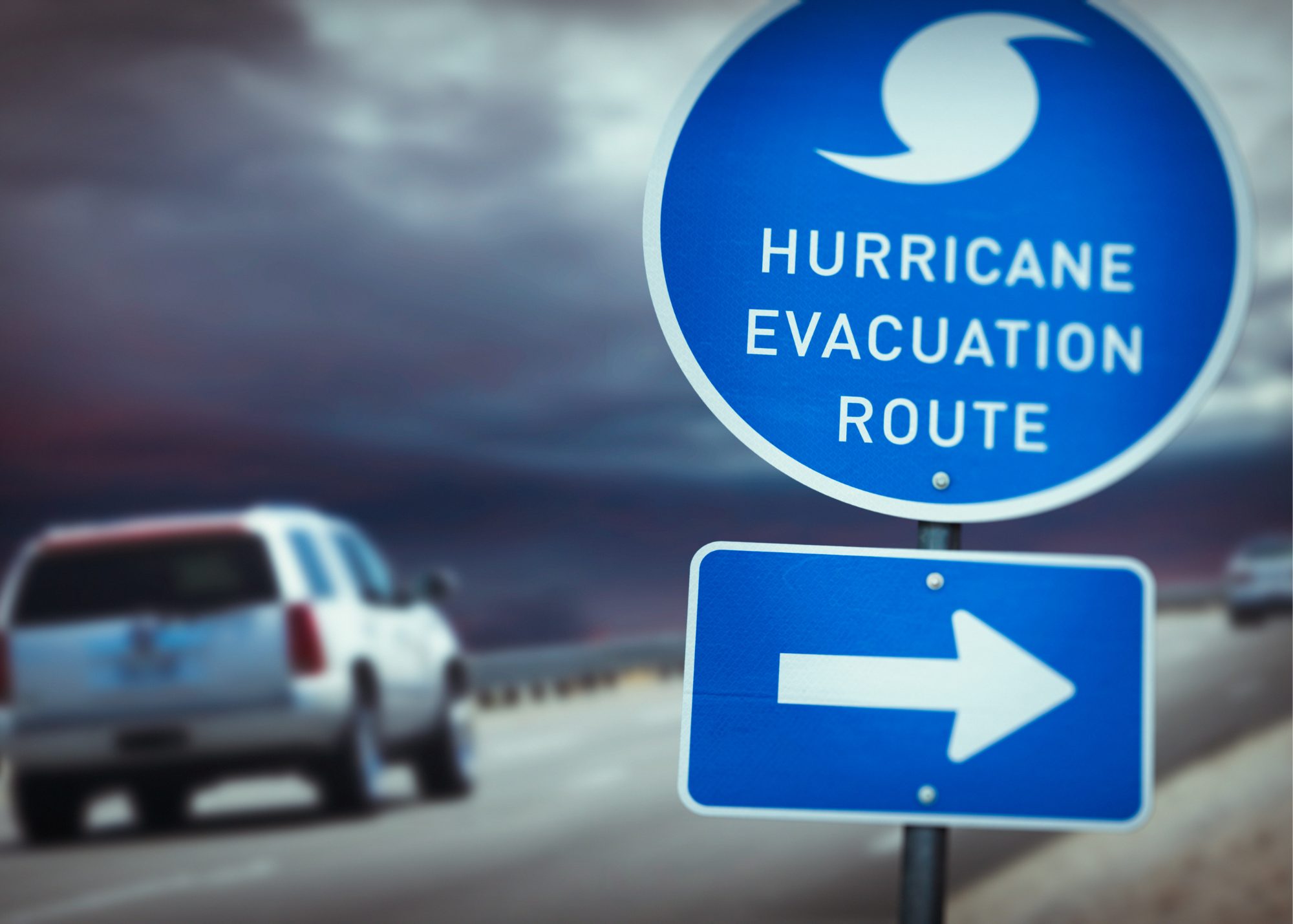As trusted real estate professionals in Florida, we know how important it is to not only help our clients find the perfect home—but also to ensure they’re well-prepared for the realities of living in the Sunshine State. One of those realities is hurricane season, which officially runs from June 1 to November 30 each year.
Whether you’re a new homeowner or a longtime Florida resident, preparation is key. Here’s how to get ahead of the storm and protect your most valuable asset: your home.
1. Review Your Insurance Coverage
Start by checking your homeowner’s insurance policy. Make sure it includes wind and flood coverage, as standard policies often don’t cover flooding. If you live in a high-risk flood zone, a separate flood insurance policy through FEMA’s National Flood Insurance Program (NFIP) may be necessary.
👉 Tip: Don’t wait until a storm is approaching—insurance providers typically place a hold on issuing new policies once a storm is on the radar.
2. Secure the Structure
Invest in hurricane-resistant upgrades:
- Impact windows or storm shutters
- Reinforced garage doors
- Roof straps or clips to better anchor your roof
- Trim trees and remove loose debris around your property
These measures not only improve safety—they can also increase property value and potentially lower insurance premiums.
3. Stock Up on Essentials
Have a storm kit ready, including:
- Bottled water (1 gallon per person, per day for at least 3 days)
- Non-perishable food
- Flashlights, batteries, and a first-aid kit
- Important documents in a waterproof container
- Power banks or backup batteries for electronics
Don’t forget supplies for pets, and consider keeping cash on hand in case ATMs and card readers are down.
4. Know Your Evacuation Zone
Every Florida county has designated evacuation zones. Familiarize yourself with your zone and monitor local government websites for updates. Plan multiple evacuation routes in case of road closures, and always follow evacuation orders when given.
🚗 Pro tip: Keep your car fueled up during hurricane season—it can be hard to find gas during a storm rush.
5. Protect Your Investment
If you’re a landlord, investor, or seasonal homeowner:
- Ensure tenants have an emergency plan and know where the breakers and water shut-offs are.
- Arrange for a local contact or property manager to secure the home if you’re not nearby.
- Document the property’s condition with photos before and after the storm for any potential insurance claims.
6. Stay Informed
Sign up for emergency alerts from your local government and download weather apps that provide real-time updates. Having accurate, timely information can help you make smart decisions quickly.
We’re Here to Help
As your local real estate team, we care about our community’s safety. If you have questions about storm-proofing your home, finding a trusted contractor, or understanding your property’s risk zone, we’re just a phone call away.
Let’s work together to keep your home safe, secure, and storm-ready. 🌀


 Facebook
Facebook
 X
X
 Pinterest
Pinterest
 Copy Link
Copy Link


